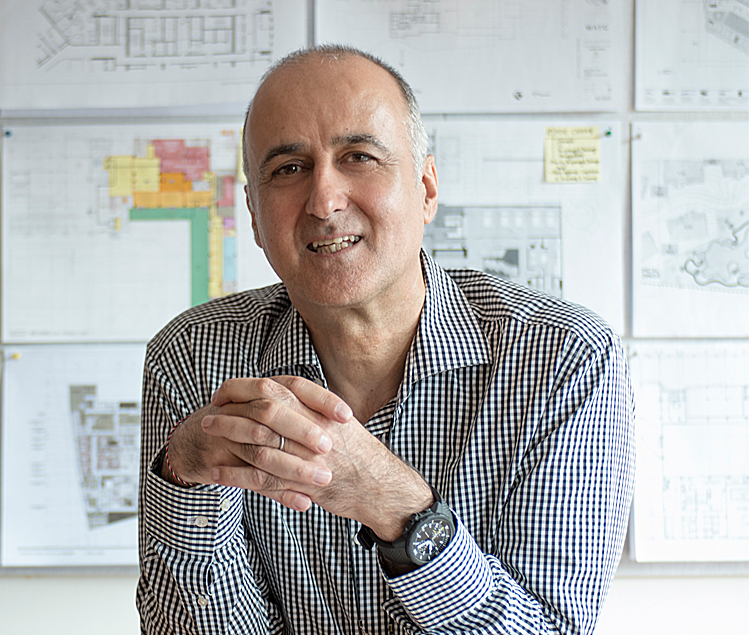
Ingo Schweder
I was interested to see Spa Business’ latest feature on the growth of wellness rooms in hotels last issue. Although brands from Marriott, to Hilton to InterContinental are increasingly incorporating elements of wellness in their hotels, an all-encompassing offering tends to be overlooked.
To place the health and wellbeing of wellness travellers at centre stage, today’s hospitality operators are required to think one step ahead. When developing a wellness-centric property, hospitality experts have to take into account the choice of materials, colour and textures, use of biophilic design standards, incorporation of nature into overall architecture, and creating social spaces that inspire connections and engagement.
To adhere to the core principles of wellness travel – to proactively maintain or improve personal health and wellness – results-driven, multi-day programmes are also necessary.
The handful of true wellness resorts which do exist, however, demonstrate that there is no ‘one size fits all’ approach. Some specialise in a single treatment modality, while others offer a multifaceted approach. Some offer general pampering packages, while others focus on serious, health-focused programmes.
In a new white paper – Wellness-Themed vs Wellness Hospitality – the Horwath HTL Health and Wellness team from Bangkok identifies true wellness resorts and compares them to wellness-themed hotels. It also clarifies key industry terms and sets standards for the wellness hospitality industry because the reality is that merely highlighting healthy features or amenities is ‘well-washing’ and confuses developers and consumers alike.
To download a full copy of the report, visit www.horwathhtl.com/publications/
